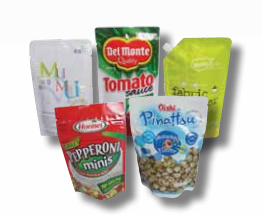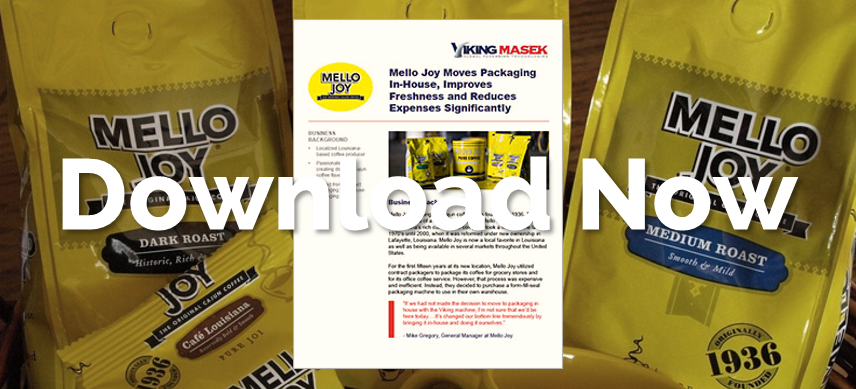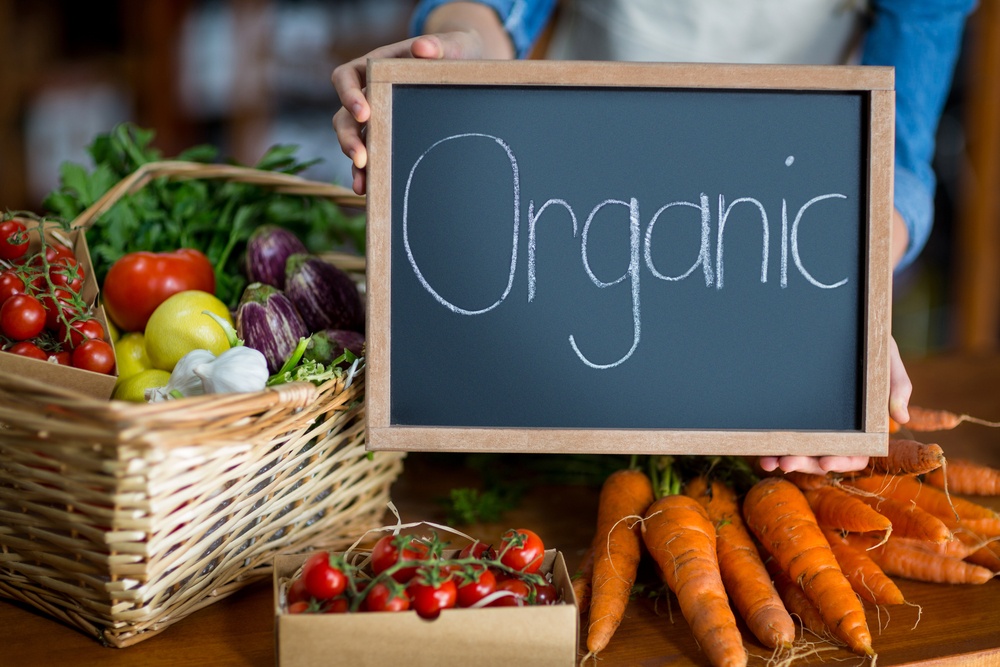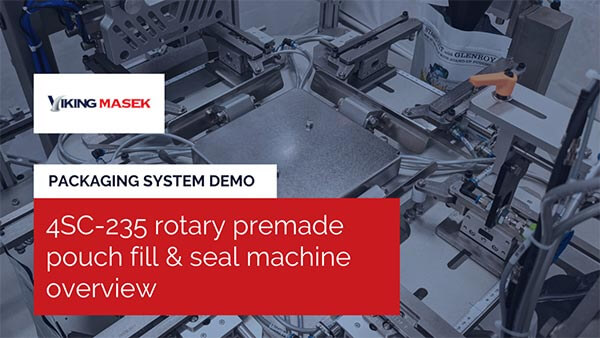4 Top Trends We Saw at Natural Products Expo West 2017
With more than 3,100 exhibiting companies and 80,000 attendees, Natural Products Expo West & Engredea 2017 was one for the books. The world's largest natural, organic, and healthy product show, the expo is THE place to spot trends in these quickly growing industries. Here are four top trends that we saw at NPEW this year:
Trash into Treasure
Waste in all forms is a major concern both for today's natural products companies and their consumers. In a strictly business sense, waste means inefficiency which means money down the drain. For consumers, waste means they may be directly or indirectly contributing to various environmental and social problems. Two main areas of waste are of top concern today in the natural products world: Food waste and packaging waste.
To decrease food waste, some innovative companies are upcycling by-products of certain processes in order to create healthful products. Food Business News provides a few examples of this: Snack bars created from spent grains harvested from craft breweries and tea made from the leaves of coffee plants. Both solutions make use of a product that would have been discarded otherwise.
To tackle packaging waste, natural products companies are increasingly looking to recyclable, sustainable, and compostable packaging materials and solutions. They are also looking to eliminate redundant packaging and switch from rigid containers to flexible packages that use fewer resources to create and sustain.
 Premade Pouches the Natural Winner
Premade Pouches the Natural Winner
Natural and organic products, especially snacks and powders, were largely seen packaged in premade stand-up pouches at Natural Products Expo West. For good reason: These flexible pouches are convenient, portable, act as their own billboard, and give the consumer the impression of a quality, high-value product.
Premade pouches are easy to fill and seal with automated packaging equipment. Not only that, but this machinery is easy for operators to learn. With the ability to store multiple 'recipes', changeover to different bag styles and sizes is as quick and easy as the push of a button.
Brand Authenticity
In an era of 'fake news', consumers increasingly look to brands that are straightforward, authentic, and transparent. They don't necessarily rely on traditional marketing and validation from established media outlets, instead, they seek to find the 'truth' on their own via non-mainstream media and crowd-sourcing opinions.
There's been an erosion of innate trust between consumers and consumer packaged goods (CPG) companies, and natural products businesses are on the forefront of repairing and re-establishing that trust by demonstrating the following:
- Clean and clear labeling
- A short, easy to read ingredient list
- An easy to trace supply chain
- Transparency in advertising and marketing
- 'Guerilla' marketing through non-traditional channels
- Validation via independent, third party certifications
Automation Drives Innovation
In a world where automation can often be seen as a 'dirty word' because of the implication of human job elimination, the emerging natural products industry is considering an alternative viewpoint. According to Food Online, for labor-heavy processes like "packing, pick and place, sorting, labeling, and palletizing, automated systems can offer efficiency and cost savings." When these tasks are instead performed by machines, this frees up humans to do what they do best: Brainstorm, create, and innovate.
For some organizations — especially those that are smaller in size — bringing in automated systems represents a threat to employment and an elimination of jobs. However, automation is ideal for tasks that are tedious and repetitive in nature as well as for tasks workers will not or cannot do. Additionally, automation can be a critical tool for completing difficult tasks where frequent staff rotations are required." - Food Online
Viking Masek recognizes that packaging automation may not be a solution for every company. However, we have seen time and time again that automating packaging processes allows CPG companies to grow their bottom line by reducing expenses, accurately fulfilling more orders, and decreasing employee injuries, thereby enabling their enterprise to grow and add stable, year-round jobs.

Read the transformational story of Viking Masek client Mello Joy. Facing a down local economy and rising costs from outsourcing the packaging of their product, this Louisiana-based company revolutionized their production process with automation, cutting costs and adding jobs.





